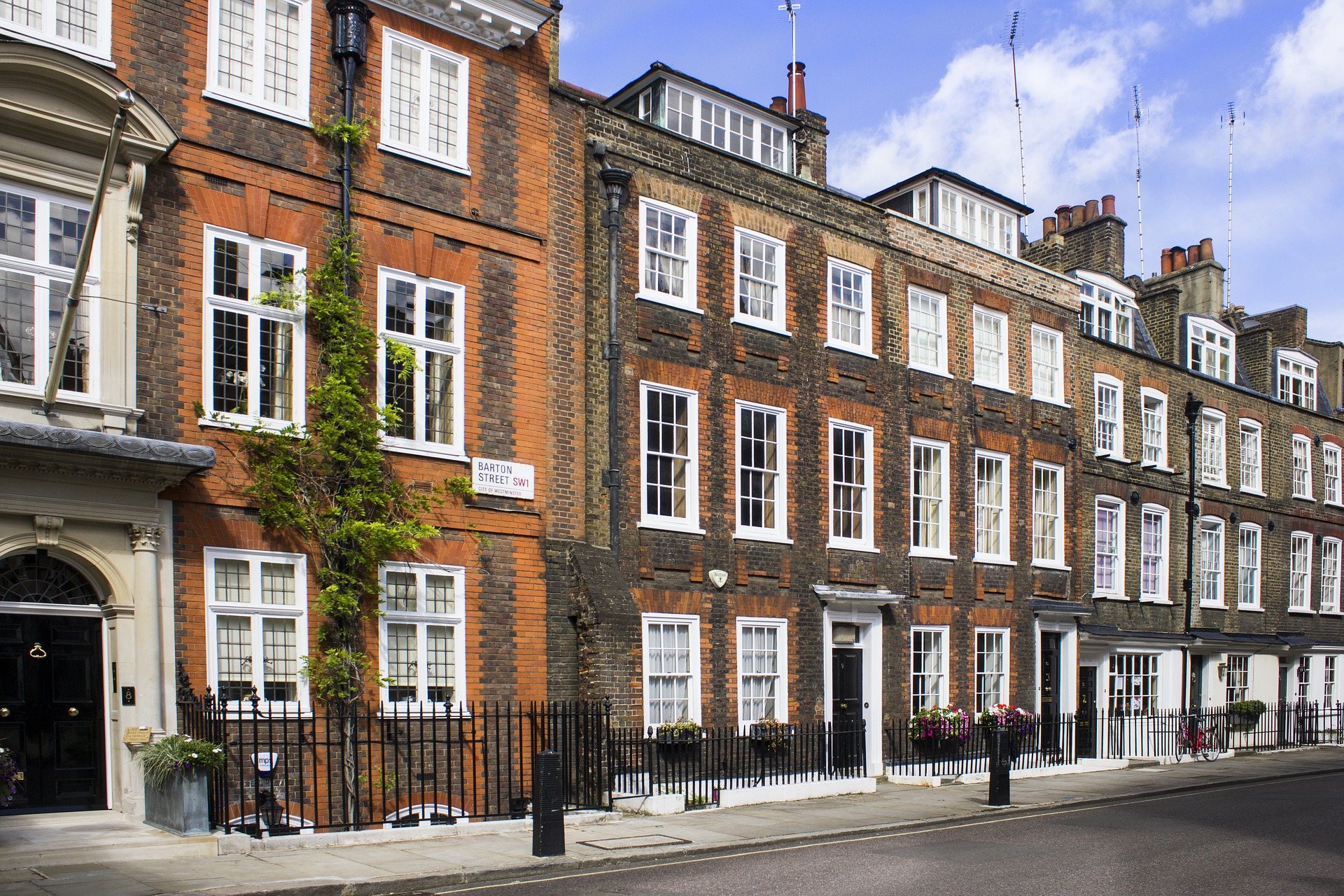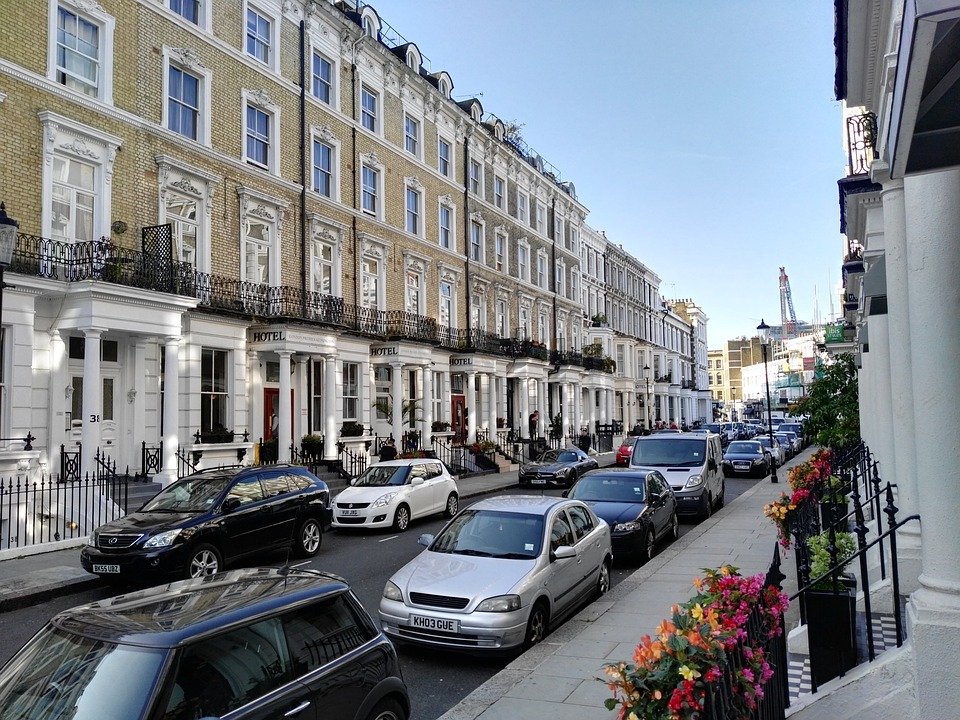House hunters from Hong Kong have been found to be the most prolific overseas buyers operating in the nation’s residential market, accounting for over 13% of all foreign-owned homes in England and Wales, according to newly released market analysis.
London lettings and estate agent, Benham and Reeves, submitted a Freedom of Information request to the Land Registry to ascertain the 50 most prominent foreign nations represented among individual residential property owners in England & Wales, and how many properties they own.
According to the data, buyers from the 50 most represented foreign nations among owners of homes in England & Wales combine to own 187,275 properties.
Hong Kong buyers most prominent nation
Buyers from Hong Kong own the largest proportion of these properties, with 24,759 homes representing 13.2% of the aforementioned total.
Contact us today to speak with a specialist Commercial Finance Broker to discuss how we can assist you.
Buyers from Singapore own 15,752 properties or 8.4% of the total; while buyers from the U.S. account for 6.4%.
Buyers from the UAE account for 5.7% of the total, while buyers from Ireland (5.3%), Malaysia (5.2%), China (4.6%), Australia (4.4%), Kuwait (4.3%), and France (3.7%) are also strongly represented on the national housing market.
Increase in foreign buyer numbers
These figures come after the total number of properties owned by buyers from the top 50 foreign nations increased by 3.8% between January 2022 and January 2023.
Ownership for Chinese buyers has increased the most in the past year, rising by 18.8% to own 8,736 properties.
Read about the UK Housing Market via our Specialist Residential & Buy to Let Division
Hong Kong nationals have increased their presence by 11.6% since 2022, and Israeli buyers have increased their footprint on the national housing market by 9.8%.
Significant increases have also been recorded among buyers from Gibraltar (6.7%), Austria (6.7%), Turkey (6.7%), Egypt (6.3%), Norway (5.1%), Germany (4.8%), and Sweden (4.7%).
Among the top 50 most represented nations in England & Wales’ housing market, three have actually seen their ownership proportion decline in the past year.
Buyers from Ireland now own -3.5% less property, buyers from Taiwan have reduced ownership by -3.3%, and Russian buyers now own -0.5% less property than they did at the start of 2022.
Director of Benham and Reeves, Marc von Grundherr, commented:
“It’s no secret that England & Wales is a hugely attractive market for overseas property buyers, with London being a particularly desirable location. The stability of our property market offers reliably a profitable space for investment buyers, and our country, with its rich history and culture, has long held great appeal for people looking to buy outside of their home countries.
“Many experts believed that Brexit would result in there being fewer overseas owners as access to the EU was reduced and the anticipated economic struggles removed some of the profitability of investing in our great nation. Our exclusive research reveals that none of this has come to fruition and that, in fact, our market has only become more popular.
“While this popularity isn’t limited to one single nation, it’s certainly being driven by Hong Kong buyers who continue to be the most prominent foreign nations operating within our bricks and mortar market.
“This is certainly no new trend and Benham and Reeves has had a local Hong Kong office since 1995, helping those who are looking to purchase in England and Wales. However, it’s fair to say that our team of experts in Hong Kong have never been busier and we expect this to remain the case going forward.”
Source: Property Reporter




